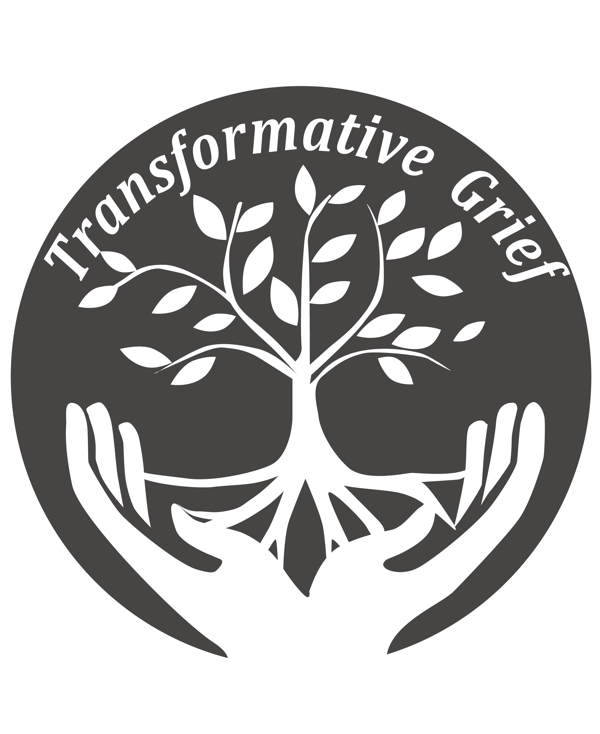We all know that getting enough sleep is important to maintaining optimal health. Yet we are so busy multi-tasking, trying to meet deadlines, honoring our many commitments, and trying to complete some, if not all, of our tasks on our daily to do list that when we are finally able to sleep we simply can not fall asleep. Add to this change, grief, loss….sleep can be really hard to come by.
It is recommended that teenagers get between 8 and 10 hours of sleep a night and adults between 7 and 9 hours of sleep a night. According to the National Sleep Foundation there are things we can be doing to improve the quality of our sleep.
Be consistent: Create a sleep habit. Try to go to bed and wake up around the same time every day.
Avoid caffeine 6 hours before bed : According to the The National Sleep Foundation, caffeine is a stimulant that blocks chemicals in the brain that make you feel sleepy. Caffeine can stay in your bloodstream for up to six hours. Try calculating what time you are hoping to go to sleep and stop all caffeine 6 hours prior.
Avoid news, shows, or books that create intense emotions or anxiety one hour before bed. Instead watch mindless shows that make you laugh or engage you in creative yet calming ways, (sitcoms, cooking or travel shows, HGTV).
Avoid bright screens an hour before going to sleep. W. Christopher Winter, M.D. prescribes his patients a “light audit”, explaining that the bright lights of computers, televisions, and even cell phone screens can stimulate the brain which can affect the secretion of melatonin, a hormone necessary for quality of sleep. If you must look at your computer or cell phone prior to falling asleep try dimming the brightness.
Engage in calming activities before bed: Take a hot bath or shower, journal, meditate, listen to soothing music, read, practice positivity, (think of things that happened during your day that made you smile, feel purposeful, content, cared for, grateful…), have a cup of caffeine free herbal tea, (sleepytime tea, bedtime tea… there are many to choose from), relax your body and your mind as you transition from your active day, to a place of calm, to sleep.
Create a comfortable sleep environment: Turn your thermostat to 65 degrees which is the recommended temperature for quality sleep, make sure your bedroom is dark, your pillow comfortable, and your room quiet. White noise machines can help tune out noise and quiet your mind.
Practice these strategies consistently and sleep better.









